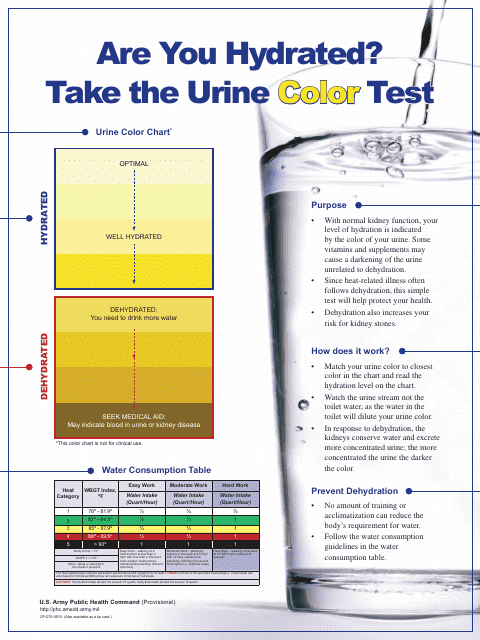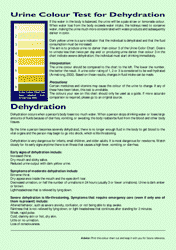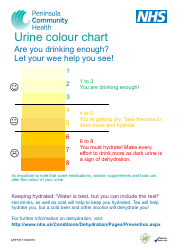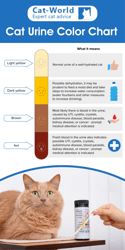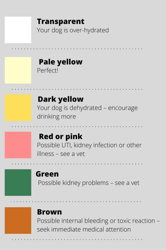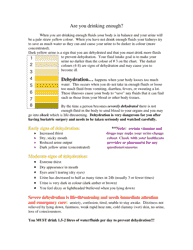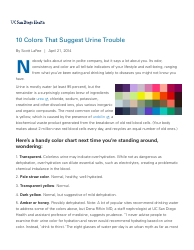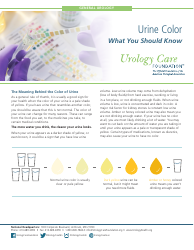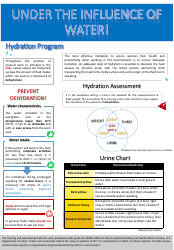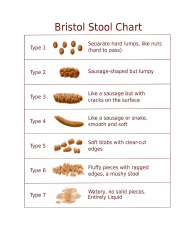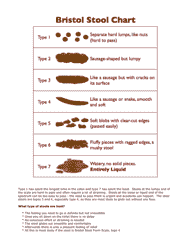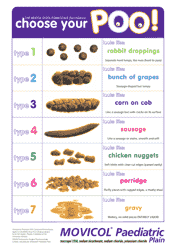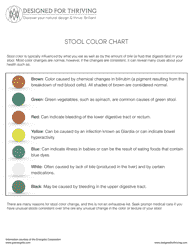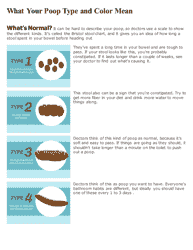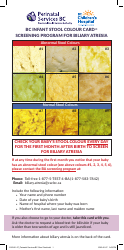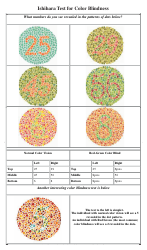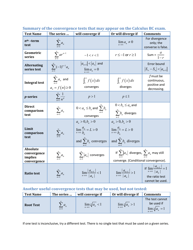Are You Hydrated? Take the Urine Color Test
The "Are You Hydrated? Take the Urine Color Test" is a tool or a method to assess your hydration level. It involves observing the color of your urine to determine if you are adequately hydrated or if you may need to drink more fluids.
FAQ
Q: What is the Urine Color Test?
A: The Urine Color Test is a test that assesses hydration levels by examining the color of urine.
Q: How does the Urine Color Test work?
A: The color of urine can indicate hydration levels. Lighter colored urine typically indicates good hydration, while darker colored urine may suggest dehydration.
Q: Why is hydration important?
A: Hydration is important for overall health and proper bodily function. It helps regulate body temperature, flushes out waste, and supports various bodily processes.
Q: What are signs of dehydration?
A: Signs of dehydration include thirst, dry mouth, dark-colored urine, fatigue, dizziness, and decreased urine output.
Q: How much water should I drink daily?
A: The recommended daily water intake varies, but a general guideline is to drink at least 8 cups (64 ounces or 2 liters) of water per day.
Q: Are there other ways to stay hydrated besides water?
A: Yes, besides water, you can also consume other hydrating fluids like herbal tea, unsweetened fruit juices, and low-fat milk. Additionally, consuming water-rich foods like fruits and vegetables can contribute to hydration.
Q: Can certain factors affect hydration levels?
A: Yes, factors like physical activity, climate, and certain medical conditions can affect hydration levels. It's important to adjust fluid intake accordingly.
Q: What should I do if I suspect dehydration?
A: If you suspect dehydration, it's important to drink fluids, especially water, and seek medical attention if symptoms worsen or persist.
Q: Is the Urine Color Test a definitive medical test for hydration?
A: The Urine Color Test is a simple assessment tool, but it's not a definitive medical test for hydration levels. It can provide some general indication, but for accurate assessment, medical professionals may use more precise tests.
